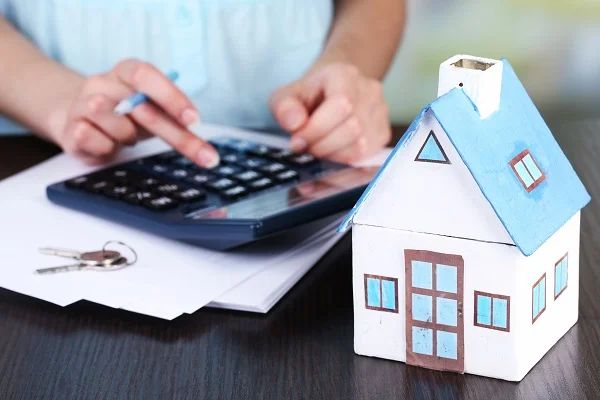AirBnB arranges short-term rentals (typically between one day and one month) in private homes throughout the world. The rise of AirBnB has been controversial for more than one reason. Hotels obviously do not like it because of the competition it represents, of course. Long-term residents often object to AirBnB rentals, because if an AirBnB home is located in their neighborhood, they never know who their neighbors will be from day to day.
As a consequence of this controversy, local governments have been regulating AirBnB rentals. The rules vary from locality to locality – there is no statewide set of regulations. The following is a sample of some of the regulations that local governments have enacted concerning AirBnB and companies like it. Remember, however, that these regulations are changing rapidly, and some of this information may be outdated by the time you read it.
These Three Rules Almost Always Apply
Three rules concerning AirBnB are likely to apply to you no matter where you are in California:
If you are renting an establishment, you almost certainly cannot sublet it to an AirBnB guest. Even if this practice is legal under local law, it is almost certainly a violation of your lease.
You cannot place a camera inside the residence to monitor the activities of your guests. You can, however, film exterior areas such as the front yard.
Almost all jurisdictions require hosts to register with the local government, and most of them will charge a steep “hotel tax.”
A Sample of Local Regulations
The following is a brief summary of some of the regulations that apply in the Los Angeles metro area:
Los Angeles: Hosts must use the residence as their own primary residence (they must live there for at least six months a year), and they may rent out their homes for up to 120 days per year, subject to a local hotel tax. Experienced hosts are sometimes allowed to exceed this limit for an extra $850 fee. Housing that is under rent stabilization or that has been classified as “affordable housing” cannot be rented out on AirBnB.
Santa Monica: The minimum rental period for a full unit is 30 days, but you may rent out a single room for less than 30 days. A 14 percent hotel tax applies.
Unincorporated LA County: Single family homes can be rented to up to four guests, but a hotel tax of 12 percent applies. Check with the Department of Regional Planning for renting out a multi-family home.
Consult with Us before You Act
If you are considering renting out your home to guests with AirBnB or a similar service provider, consult with CKB Vienna first so that you will understand not only the local law that pertains to you, but also the legal risks you may face in a fast-changing regulatory environment.
Telephone us at 909-980-1040, or contact us online to schedule a consultation with us. We serve clients in Rancho Cucamonga, San Bernardino County, Los Angeles County, Orange County, and Riverside County.

